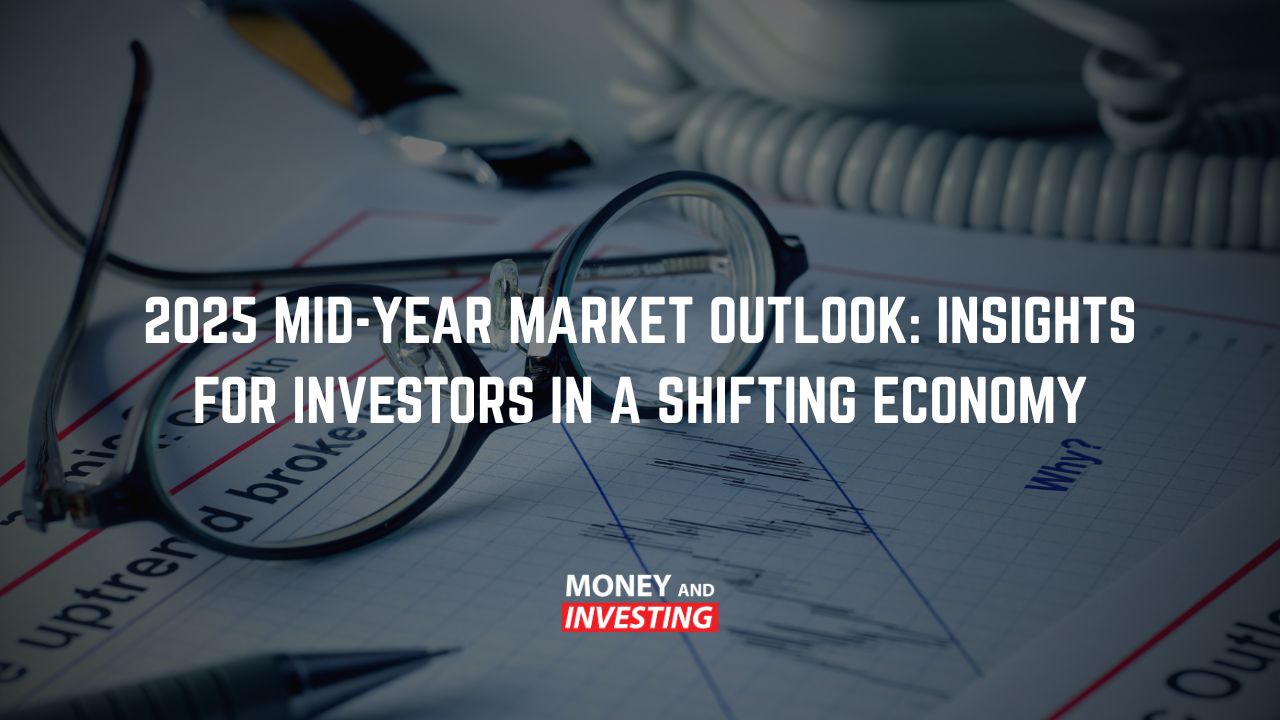When you think about making money, you usually instantly associate it with risk. Host Andrew Baxter is not a fan of risk and has spent decades learning how to manage and mitigate it because he knows it’s not about what you make but what you get to keep. Join us this week for some tips on managing your risks in any given scenario:
Risk vs Reward
A common misconception is that risk and reward have a linear and opposite reaction, meaning in order to make more money you need to risk more money. Host Andrew Baxter notes however, that this is simply not a rule across the board. It can be the case sometimes but there are many instances where the risk and reward behaves differently. Looking at the performance of the Cashflow on Demand Index, we can see a greater return than the overall market itself while the major drawdowns are shown to have been offset slightly using the Casfhlow on Demand strategy. The ASX notes that the Cashflow on Demand strategy is in fact a lower risk strategy than simply owning shares. This is one of the instances where you do not necessarily need to adopt more risk in order to enjoy greater potential returns.
The Risk That You’re Unaware Of
More often than not it is the unexpected that can send you spinning as you would not have been prepared for it and likewise do not know how to deal with it once it arrives. Host Andrew Baxter has noted in past episodes that the biggest risk is often the one you do not see coming. But how do you deal with an issue you do not even know exists? The cause of being caught off guard is being uninformed and in the context of this podcast that stems from a lack of financial literacy. Expecting the best but preparing for the worst is a great way to be prepared for anything that comes your way.
Inflation Risk
We do not often think about the risk brought along by inflation, but there are a few ones to remember. Host Andrew Baxter points out that receiving returns on a fixed interest basis are diminished when looked at in the scope of inflation. Real returns are severely decreased when inflation is higher because although you are making more money, what that money is able to buy for you is decreasing at a greater rate than you are earning it. The same logic applies to performance among companies listed in the stock market. Some businesses are better positioned to deal with rising inflation and not suffer from rising costs. Toll road businesses tend to be fairly insulated against inflation while other businesses may see a decrease in profits as the costs associated with inflation stack up.
Borrowing Costs
Property has been one of the biggest causes of pain in recent months as interest rates going up to fight inflation have led to higher repayment costs. As a general rule, Host Andrew Baxter explains that the interest you pay on mortgages and other loans can be otherwise referred to as the cost of capital and if the asset you are paying off earns less money than the cost of capital, then you are exposing yourself to a different sort of risk but a risk all the same. Variable rate loans see these repayments increase quite dramatically and mortgages in Australia are heavily affected by this. If your property is your primary place of residence then unfortunately you have to try to make do. On an investment property, you may benefit from some tax benefits by way of correct structuring and planning.
Volatility
On stocks, you can manage volatility by referring to things like implied volatility to reflect previous behaviour of certain stocks. Volatility can change quite quickly with bad news and understanding how this can work is vital for preventing panic and thus emotional reactions. Volatility can pop up unexpectedly, but more often than not you are able to simply avoid majorly volatile stocks to mitigate the associated risk.



